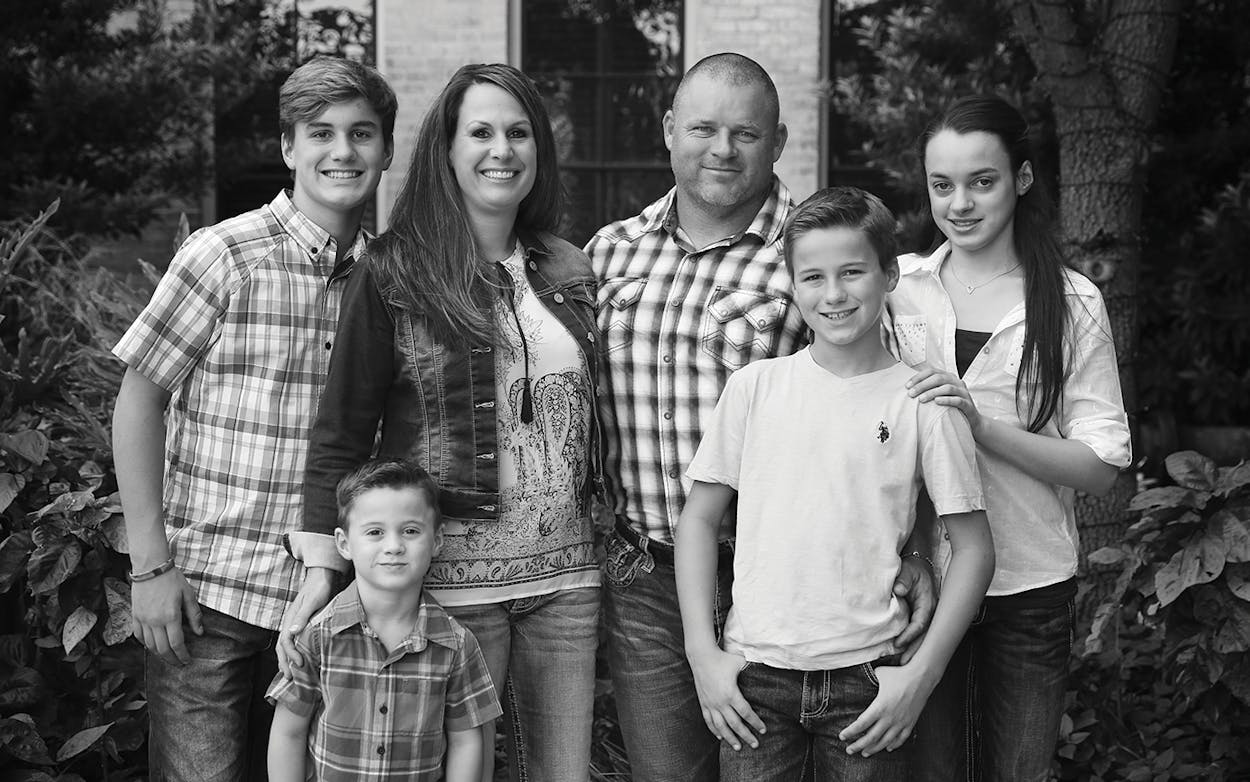James Fulton, who was sentenced to ten years in prison for killing a young woman in a Tyler car accident, will get a new punishment trial, the 12th Court of Appeals in Tyler ruled last week. The ruling by the three-justice panel sheds further light on a difficult legal and moral issue I wrote about in a March feature story: When Does an Accident Become a Crime?
In May 2016, Fulton drove his truck head-on into a car driven by twenty-year-old Haile Beasley, killing her instantly. Police at the scene conducted a field sobriety test—Fulton admitted to drinking beer that afternoon while playing a round at Cascades Golf and Country Club and then later that evening at a restaurant—and reckoned he was not drunk, so they let him go. But months later Matt Bingham, the Smith County District Attorney, came to any entirely different conclusion. He indicted Fulton and took him to trial in November 2017 for criminally negligent homicide. Fulton was found guilty. At the punishment hearing, Bingham asked for seven years. The jury, however, surprised the DA and everyone else in the courtroom by giving Fulton the maximum of ten.
One reason for the harsh sentence: the prosecution alleged that Fulton had shown no remorse for the death of Beasley. Their argument was based on the testimony of a woman named Kirsten Woodard, a bartender at the country club where Fulton had played that day. In devastating fashion, Woodard claimed that roughly six weeks after the wreck, Fulton returned to the club and bought drinks with friends using a credit card. During the punishment phase, Bingham repeatedly referred to Woodard’s damning accusation. “’Where’s the regret?” he asked one witness who had said positive things about Fulton. “Where’s the ‘I’m so sorry’ . . . if you’re back out at the Cascades after you killed her, doing the same thing you did when you killed her?’” The tactic worked.
At a hearing soon after the trial, though, the defense brought forth a letter from the country club that seemed to blast a hole in Woodard’s allegation. The letter, sent to prosecutors well before the trial, said that, in fact, the club had no records of Fulton ever buying anything there with a credit card. The prosecution had not turned over this letter to Fulton’s defense lawyer, James Huggler, as it was obliged to do. Based on this, Huggler asked for a new trial.
The prosecution claimed this was a simple error, however. It also revealed that, before the punishment phase, prosecutors had told Huggler both about the letter’s content and that Woodard was going to testify. Still, Huggler neglected to cross-examine Woodard about the veracity of her allegations. Thus, the trial judge denied the request for a new trial.
It was Huggler’s failure to question Woodard that spurred two of the three justices on the 12th court of Appeals to grant Fulton a new punishment hearing. “Woodard’s testimony went unquestioned before the jury, even though State’s counsel and Appellant’s trial counsel had knowledge that The Cascades records contradicted her claim. This seriously undermines confidence in the jury’s punishment verdict… but for counsel’s unprofessional errors, the result of the proceeding would have been different.”
While the court’s decision didn’t go so far as to overturn the jury’s guilty verdict, the third justice would have done just that. Justice Greg Neeley worried that the decision opens the door to future prosecutions in cases where the driver was impaired but not drunk. He would have thrown out Fulton’s guilty verdict entirely: “Tragic consequences do not elevate ordinary negligence to criminal negligence.”
When does an accident become a crime? While lawyers and justices argue the matter, Fulton awaits news on when a new jury will decide how long he should remain in prison.








